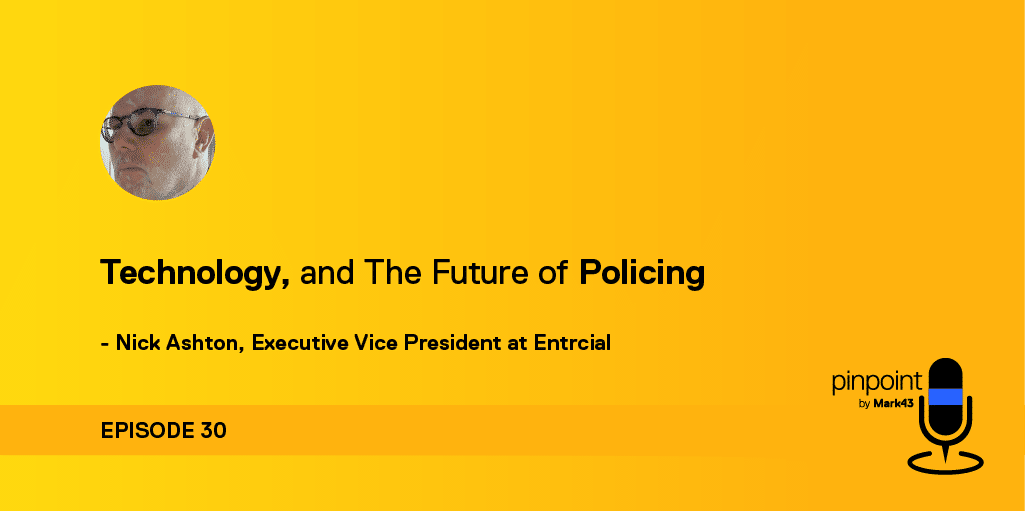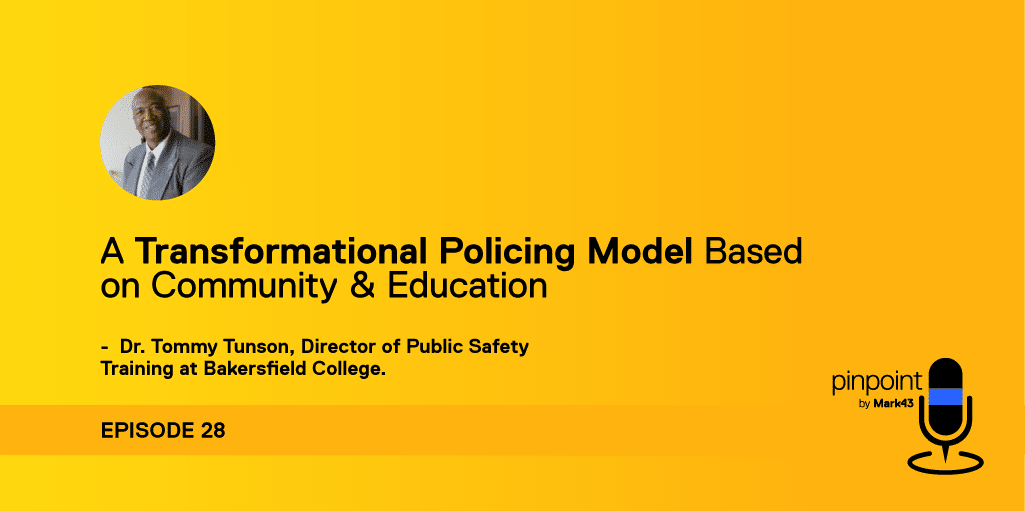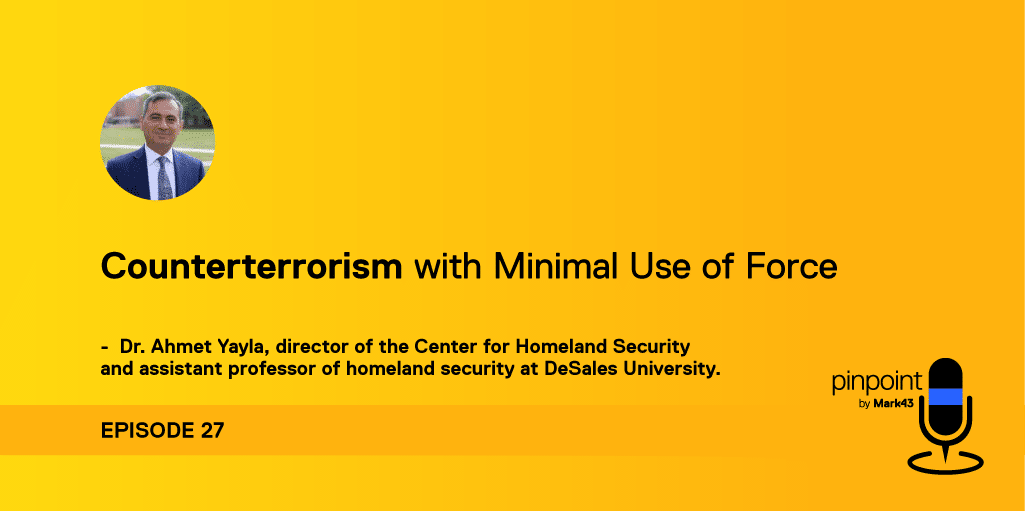
If you think you see a flying saucer with aliens inside, you call the police.
Law enforcement is usually the first responder to folks with mental illness, in crisis or drug addiction. LEOs need more tools than just arresting someone.
Maj. Russell Conte has seen it all. A 34-year veteran of the New Hampshire State Police, Conte now works in peer counseling and behavioral mental health for first responders and sits on the board of directors for NAMI, the National Alliance on Mental Illness.
He visited the Pinpoint podcast recently to talk about mental health issues and first responders.
[popup_trigger id=”1576″ tag=”pinpoint”]
[/popup_trigger]
NAMI
NAMI started with a very grassroots effort of helping people who had family members suffering from mental health issues. In New Hampshire it’s probably the greatest resource for such families.
NAMI is also integral in some mental health legislation. Currently in New Hampshire, there’s a brand new 10-year plan to redesign mental health care efforts and allow people to get the best services they can from state and community centers. NAMI has been a real gift to good mental health.
Stopping Mental Illness Violence Before It Happens
If you look at active shooters, a lot of the people who commit these atrocities are suffering from mental health issues. Many have been in crisis prior to those incidents. First responders’ ability to identify the safety risks in society gives them the ability to be better partners with mental health professionals.
In New Hampshire, the hope is that the police will use less (deadly) force and be able to get people the help that they need. If you can intercede before a massive crisis, you’re able to reduce the number of those incidents.
Conte worked with NAMI to write and win a Substance Abuse and Mental Health Services Administration grant. It is going to provide gold standard first responder and police training. It’s a 40-hour course that raises awareness of what mental health issues are and it gives LEOs the ability to identify them and tailor their behavior to de-escalate situations and get people the help they need.
Getting people to clinical professionals who can help them instead of warehousing them in jails or emergency rooms is key. First responders are, nine times out of 10, the first to respond to a mental health crisis. And they often have the least amount of training to deal with the most caustic situations.
Many of the larger metropolitan agencies throughout the country have mental health units with CIT-trained officers. A lot of police departments in New Hampshire and throughout the United States are small, and don’t have the budget for CIT training. The SAMHSA grant allows them to offer all LEOs free training.
If you work outside of New Hampshire, Google “CIT international”. You’ll see efforts nationwide. It is one of the best things Conte has seen in his career.
Reframing the LEO Mindset
Police officers are trained to ferret out crime. Many times you may be facing somebody in a mental health or drug crisis that you don’t recognize. They are going to act out, possibly commit crimes or be violent. If you view these incidents through the lens of the law, you’re going to arrest these victims and put them through the court system.
If you go through CIT training and run into the same people, you view them in a new context that empowers LEOs to do more than arrest.
Conte has gotten calls from troopers who went through the CIT training, recognized the signs of crisis, and were able to get someone help and prevente a suicide.
You’re not only changing a person’s life, but you’re impacting their families. If you have a loved one who suffers from mental illness or addiction, you hope that they will be treated well and get help, not just go to jail.
Teaching First Responders Self-Care
Until recently, law enforcement hasn’t taken good care of its own mental health. Unfortunately, there have been a lot of casualties of the profession. This doesn’t serve the LEOs well, and it doesn’t serve the public well.
A vast number suffer from post traumatic stress because of their job. You have to ensure that these officers have coping mechanisms to get through these situations and go back to their families with their heads up and all the dignity that they deserve.
The best thing you can do is offer robust peer counseling with a very high level of confidentiality. With that, you can give people a place to vent. You also want to have a group that is trained to do a critical debriefing. So when somebody has been involved in their first homicide, several homicides, or crimes against children, it gives these people the chance to reach out to peer counselors for a critical debriefing.
“Law enforcement and first responders are, nine times out of 10, the first people to respond to a mental health crisis.” —Russell Conte
It’s a mechanism to help people cope, and it’s the best thing Conte has seen happen in the last 34 years. When you look at professional standards violations and internal complaints, there’s usually an underlying factor. The officers are human beings first.
Often, what’s left out of the discipline process is that when somebody acts out of character, there’s generally a reason for it. The whole purpose of having a robust peer counseling program is to get people through the job intact.
The Future of LEO Mental Health
Young people coming on the job now with these services in place will not know any different. Twenty years from now you’re going to have far fewer of these conversations because mental health care is going to be part of the culture of law enforcement.
“You hope that as you come through a career, you can leave it better than you found it.” —Russell Conte
As you come through a career, you try to leave it better than you found it. Conte has never met a law enforcement officer who disagrees with that or who feels that we shouldn’t try to do better.
Conte and NAMI are well on their way.





